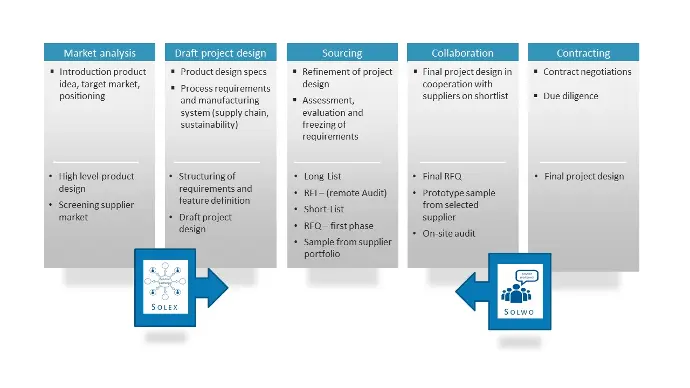Proactive diligence regarding the quality of master data is better than ongoing leniency. Question:
What are the tools for data quality?
In episodes 1-3, the tools for generating master data were outlined. The focus was on drawing parts, spare parts, and the involvement of suppliers and vendors.
There are additional tools for the creation of data and the generation of data quality. Various providers have developed machine capture methods to generate the necessary item master data through scans.
The reward for the effort is?
Quote:
"The ROI of data management concepts in Germany is already at 113 percent—despite the lack of employee involvement, weak processes, and little support from senior management. According to a survey by Veritas, the greatest benefits of data management include improved compliance and reduced security risks."
Companies worldwide expect their investments in data management solutions to yield even greater returns than they do now, where every euro invested doubles its value. These are the results of a survey by Veritas Technologies, a provider of enterprise data protection and software-defined storage. In October and November, Vanson Bourne surveyed 1,500 IT decision-makers and data managers from 15 countries on behalf of Veritas, including 100 from Germany.
They estimate that for every euro invested in data management, they received an average of 2.13 euros in return. Nevertheless, 84 percent of respondents believe that the ROI could be even higher. Only eleven percent stated that the ROI met their expectations exactly, and only two percent reported that the ROI exceeded their expectations.
According to the survey, 57 percent of the IT decision-makers identified obstacles, citing that employees are not involved—primarily due to a lack of training. Forty-one percent questioned the internal processes, while 36 percent reported a lack of support from top management. Nearly one-third (32 percent) mentioned insufficient financial resources as a hindrance to achieving a higher ROI in data management.
From gaps in IT security to decreased revenue—when companies mishandle data, the consequences are widespread and can cost them a significant amount of money,’ says Roger Scheer, Regional Vice President DACH at Veritas. ‘Companies must be fully capable of accessing their data, securing it, and deriving insights from it, regardless of where it is located. This requires a holistic approach that considers tools, processes, and employee training. Only in this way can companies provide their employees with full transparency and control over data.
